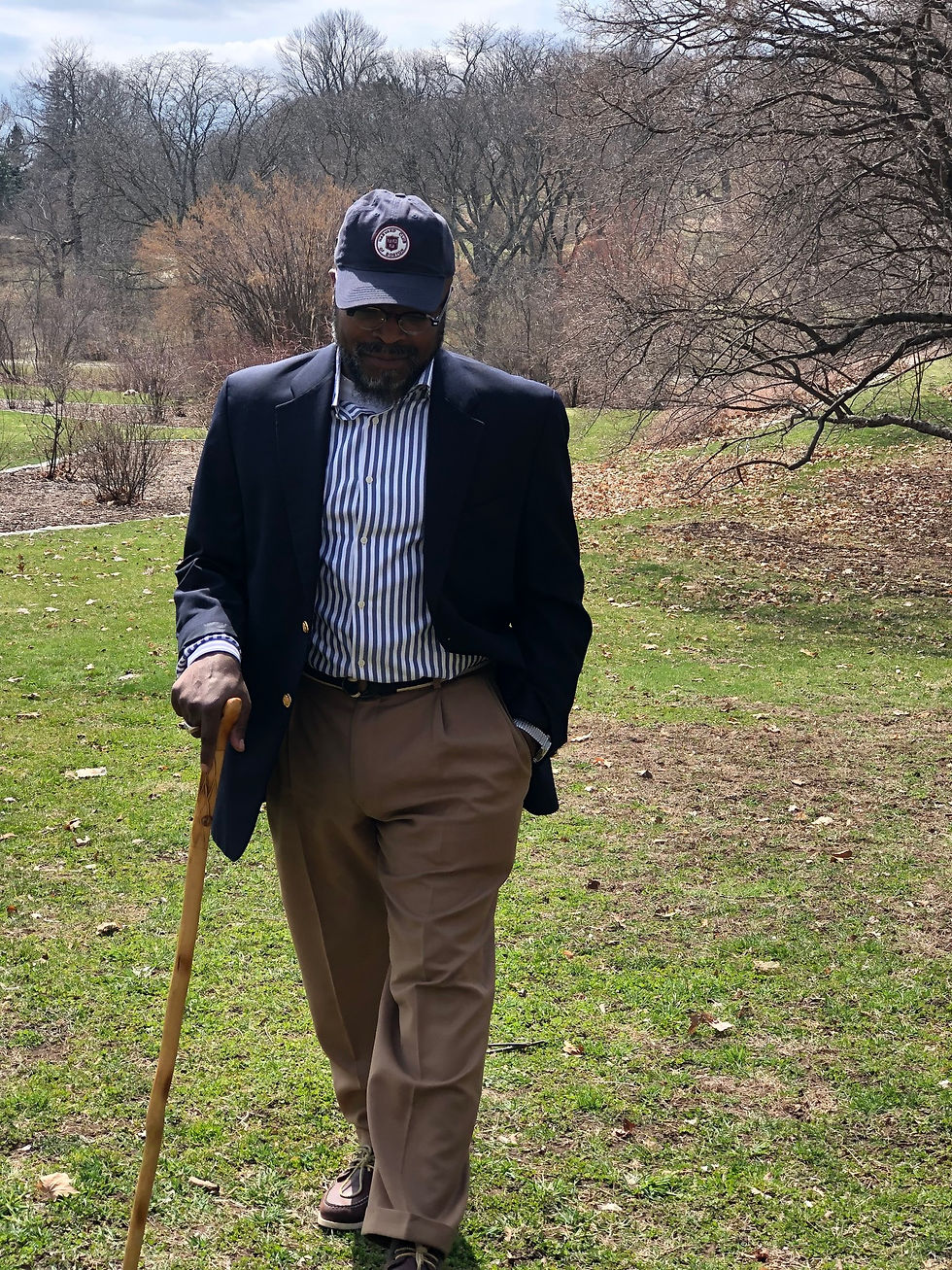The Impact of Community Health Workers in Homeless Prevention and Access to Resources
- chwworkforce
- Oct 7, 2024
- 2 min read
Author: Dr. Ali ABY Muhammed
CHW Workforce Development, Inc.

Community Health Workers (CHWs) are essential in addressing homelessness, as they play a critical role in both prevention efforts and connecting individuals with vital resources. With a unique position in the community, CHWs often work directly with individuals at risk of homelessness, as well as those already experiencing housing instability. Their efforts can significantly improve access to healthcare, social services, and support systems that address the root causes of homelessness.
Homeless Prevention involves identifying and assisting individuals and families who are at risk of losing their homes. CHWs are equipped to assess risk factors, which may include financial insecurity, mental health issues, and lack of family or social support. By building trust within the community, CHWs can reach vulnerable populations who might otherwise be overlooked or unable to access traditional services. They provide information on emergency assistance programs, counseling services, and financial aid resources that help individuals stabilize their housing situations before they escalate into homelessness.
In addition to prevention, Resource Facilitation is a core aspect of CHWs' work. They connect individuals to essential services such as housing assistance, healthcare, food programs, and employment opportunities. With their in-depth knowledge of local resources, CHWs serve as invaluable navigators, guiding individuals through complex systems that can be difficult to access without support. This can include helping clients apply for affordable housing, connecting them with temporary shelters, or facilitating access to mental health and substance abuse treatment.
CHWs also offer Culturally Competent Care, which is vital when working with diverse populations. Many individuals experiencing or at risk of homelessness come from varied cultural and socio-economic backgrounds, and CHWs are trained to provide services that respect these differences. This approach helps to build trust and encourages individuals to seek help, fostering a supportive environment where clients feel seen and respected.
Moreover, CHWs often work collaboratively with other organizations, including shelters, food banks, and mental health services, to coordinate care and provide comprehensive support. This integrated approach not only improves individual outcomes but also strengthens the overall community by reducing the demand on emergency services and enhancing public health and safety.
In conclusion, CHWs are a pivotal force in homelessness prevention and resource access. Through their direct engagement with at-risk individuals, they empower people to overcome obstacles and build more stable lives. By addressing the systemic and individual factors contributing to homelessness, CHWs make a meaningful impact on both the individuals they serve and the communities they support.









Comments